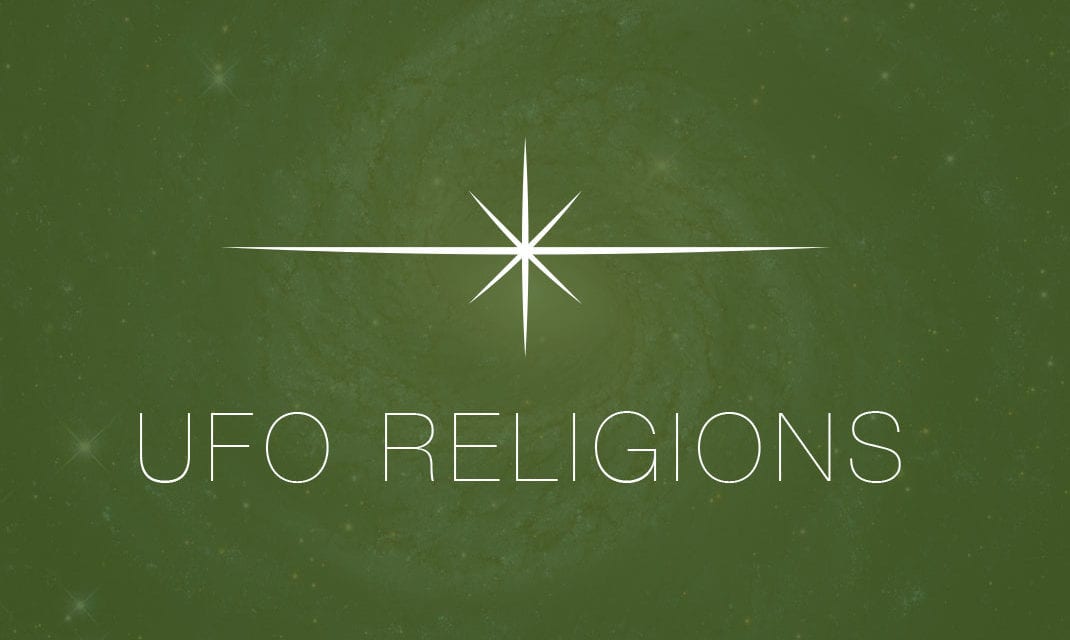Remember the demon fairy fiasco? If not, read that link first.
Although “peer review” in this case (below) isn’t about submission to an academic journal, the principle is the same. Anomalous objects, experiences, events, etc. should be submitted for review by experts capable of objective evaluation before claims about what said object, experience, event is or means. In this case, it’s the “Chilean UFO Mystery.” This one had serious UFO researchers ready to tout it as proof of a non-human craft (and lots of other less-serious enthusiasts, too).
From the Coast to Coast AM website:
In a disappointing but not altogether surprising turn of events, an independent investigation into the recently released Chilean UFO footage which created headlines last week suggests that the unknown object was likely just an airplane. The video and accompanying story generated considerable excitement because it emanated from an official Chilean government UFO investigation group who said that it could not determine what the anomaly was after a two year investigation. However, a subsequent study of the footage and the circumstances by which it was filmed seemingly deciphered the identity of the ‘UFO’ rather easily.
Note especially the “rather easily” line at the end. Same as the demon fairy nonsense. If it hasn’t occurred to you yet, I’ll say it: This puts the Chilean authorities and whoever else is doing their investigative work under question as to competence. Folks, words like “air force” and “pilot” don’t necessarily mean that what they say is correct. In this case, their opinion was “easily” overturned. Note to UFO researchers: remember that.
The lesson is that, while you might want to believe something, the thing you want to believe needs to be established as real under rigorous scrutiny by highly competent people outside your own circles in the relevant areas of research. “Discoverers” or “research promoters” ought to be willing to put things to the test before suggesting to a wide audience that the thing in question is what they want it to be (and charging people for that speculation).
This is what I meant, and will mean, by ethics in these areas. I’m grateful for people who find things. It’s often hard work. But I’m even more appreciative of them when they willingly submit their research to outside review. That’s doing the right thing.






“The lesson is that, while you might want to believe something, the thing you want to believe needs to be established as real under rigorous scrutiny by highly competent people outside your own circles in the relevant areas of research.”
…Wait… so you’re suggesting that we can’t just prep a lesson on Saturday night at 9pm and open our Bible’s on Sunday morning to a random page and go around the room asking “what does this verse mean to you?” That we have an obligation as leaders to verify what we teach others as truth??? Idk… sounds like a lot of work. I just want to climb the ranks of my Church to increase my social and business status in the community 🙂
Sorry, I can’t help myself!
Nathan